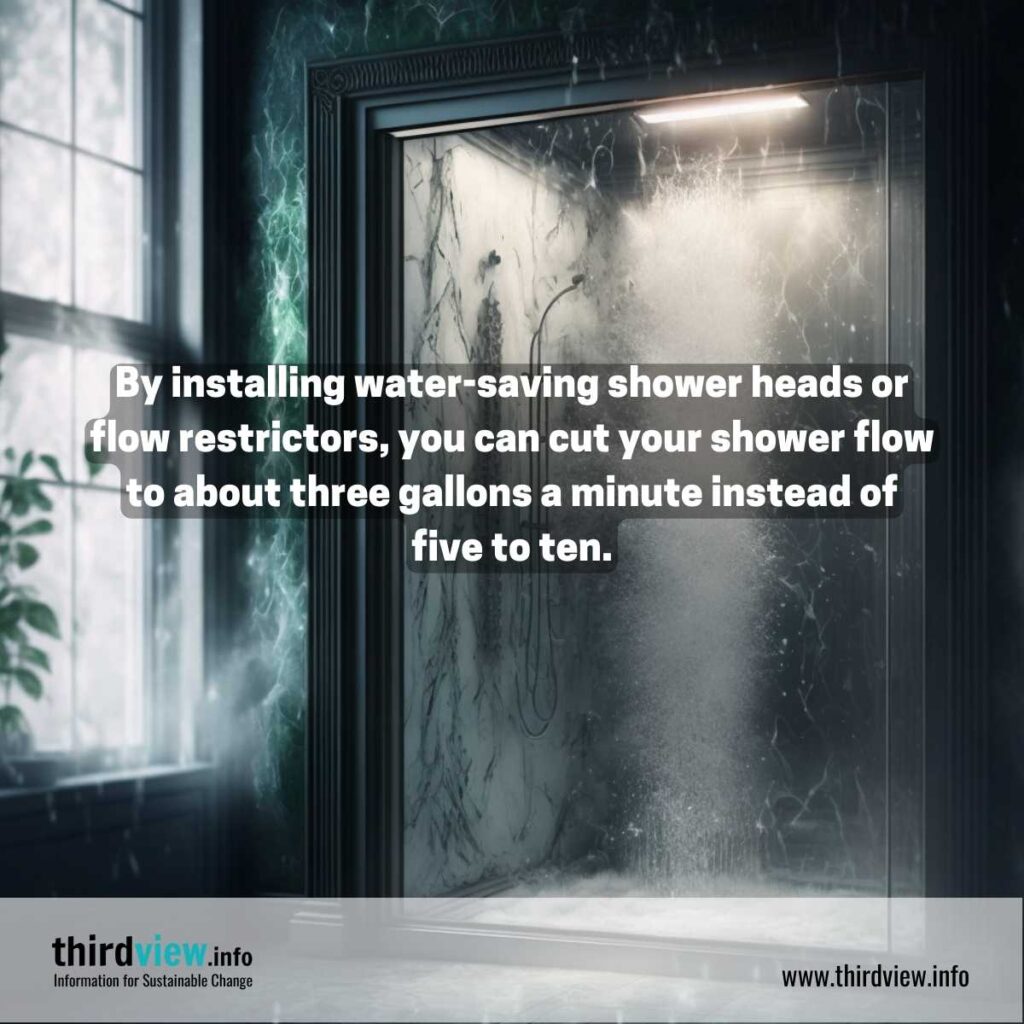Reclaim Waste - An Overview
Table of ContentsTop Guidelines Of Reclaim WasteAn Unbiased View of Reclaim WasteThe Main Principles Of Reclaim Waste Some Ideas on Reclaim Waste You Should KnowReclaim Waste for Dummies
Discover the kinds, events, and forms of fluid waste. Residential sewer waste describes the waste and products from a household sewage-disposal tank. This sort of waste is created by people in residences, institutions, and other buildings. This only includes septic storage tanks that have a drain field. The correct monitoring and disposal of domestic sewage waste require liquid waste to be transferred to a sewer therapy plant where the proper methods and equipment are applied to cleanse and deal with waste.
Business waste frequently consists of potential risks, such as flammable materials or a mix of liquid and strong waste items, and requires a more advanced and detailed disposal procedure. The disposal of commercial waste normally involves the filtration of waste prior to transportation to make certain risk-free and correct disposal. Industrial waste is created from results and overflow of industrial procedures and production.
This type of waste can not make use of the very same sewer administration transportation or procedures as septic or industrial liquids. The commercial waste monitoring procedure calls for the assessment and screening of liquid waste before it undertakes the disposal procedure (liquid waste disposal melbourne). Drainage waste is the liquid waste that comes from drainage and excess stormwater in very booming locations or cities
Overflow waste can cause contamination and flooding otherwise handled effectively. Find out more about sewage system cleaning and waste monitoring. Making sure correct waste management can stop disasters and minimize ecological damage. Both people in domestic settings and professionals in business or production industries can benefit from recognizing the processes and policies of fluid waste monitoring.
9 Simple Techniques For Reclaim Waste
Get in touch with PROS Providers today to discover concerning our waste monitoring and disposal solutions and the appropriate means to take care of the fluid waste you generate.
(https://www.goodreads.com/user/show/183557660-leon-aube)This so-called 'wastewater' is not just a crucial resource but, after treatment, will certainly be launched to our land, rivers or the ocean. Made use of water from commodes, showers, bathrooms, kitchen area sinks, laundries and industrial procedures is recognized as wastewater.

water used to cool down equipment or tidy plant and equipment). Stormwater, a form of wastewater, is runoff that streams from farming and city areas such as roofing systems, parks, gardens, roadways, courses and rain gutters right into stormwater drains pipes, after rainfall. Stormwater flows unattended directly to regional creeks or rivers, ultimately reaching the sea.
The Ultimate Guide To Reclaim Waste
In Queensland, a lot of wastewater is treated at sewage therapy plants. Wastewater is carried from domestic or commercial websites with a system of drains and pump stations, recognized as sewage reticulation, to a sewage therapy plant.
The Department of Natural Resources suggests local federal governments about handling, operating and keeping sewerage systems and therapy plants. In unsewered locations, regional governments may need homeowners to install private or house sewer treatment systems to treat residential wastewater from bathrooms, kitchen areas, washrooms and washings. The Department of Natural Resources authorises using household systems when they are confirmed to be reliable.
The majority of stormwater obtains no therapy. In some brand-new neighborhoods, treatment of some stormwater to remove trash, sand and gravel has actually started making use of gross pollutant catches. Wastewater treatment occurs in 4 phases: Eliminates strong matter. Larger solids, such as plastics and other things mistakenly discharged to drains, are gotten rid of when wastewater is travelled through displays.
Makes use of tiny living organisms knows as micro-organisms to break down and get rid of remaining dissolved wastes and great fragments. Micro-organisms and wastes are integrated in the sludge.
Reclaim Waste - The Facts
Nutrient removal is not offered at all sewage therapy plants due to the fact that it needs costly specialist equipment. It is becoming extra typical in Queensland. Clear fluid effluent created after therapy may still contain disease-causing micro-organisms. If this effluent is launched right into rivers such as rivers or the sea, the micro-organisms will eventually die out.

The majority of wastewater flows right into the sewerage system. Under the Act, regional governments carry out approvals and licences for ecologically appropriate tasks (Periods) involving wastewater launches that might have a local effect.
Not known Details About Reclaim Waste
Monitoring supplies valid information regarding water top quality and can validate that licence problems are being fulfilled. The details acquired through surveillance offers the basis for making water high quality decisions.